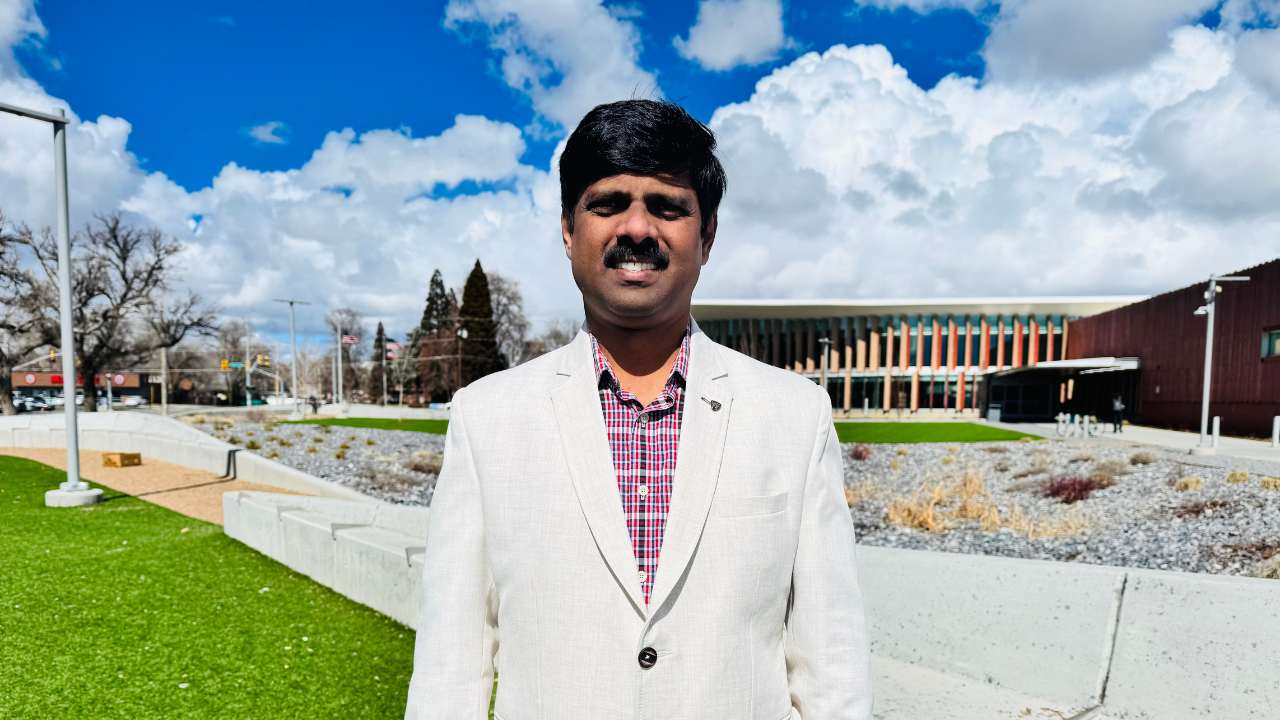AI-powered process automation is transforming operations, streamlining workflows, and enhancing efficiency. By automating repetitive tasks, organizations are shifting focus from labor-intensive duties to strategic, high-impact work. Amid the swift advancements in healthcare technology, Kiran Veernapu has emerged as a driving force behind AI-powered process automation, significantly streamlining operations and optimizing efficiency. His groundbreaking work in automating repetitive tasks has freed up human resources from labor-intensive duties, shifting the focus toward strategic, high-impact work.
By implementing AI-driven bots, he has successfully reduced the need for excessive manpower, shortened inventory reordering times, and enhanced procurement workflows. These intelligent bots autonomously generate purchase orders and create contracts, while automation frameworks detect and rectify data capture errors using a feedback-loop mechanism. The AI system, by remembering historical errors, also plays a proactive role in preventing future mistakes, drastically improving accuracy in healthcare data management.
Central to Veernapu’s impact is his role in optimizing data-driven decision-making systems, identifying manual data extraction inefficiencies, and automating processes to improve healthcare professionals’ efficiency. His AI-driven process optimization engine significantly enhanced the data processing speed of thousands of transformation jobs, ensuring real-time data analysis for faster decision-making. One of his major achievements includes the optimization of nurse staffing schedules through real-time data integration, effectively tackling workforce overload, addressing staffing shortages, and reducing overtime costs. Furthermore, his contributions in refining hourly billing and pay calculations mitigated potential legal risks, saving millions of dollars in possible lawsuits. His expertise in cloud-enabled system integration has also fortified data security by creating a unified data warehouse, an essential advancement in safeguarding sensitive healthcare information.
Among Kiran Veernapu’s most impactful projects was the migration of an enterprise healthcare data warehouse from a standalone infrastructure to the cloud, a move that significantly reduced maintenance issues while enhancing efficiency. This ambitious undertaking involved optimizing 2,000 data transfer jobs and streamlining key processes across various domains, including employee lifecycle management, supply chain operations, financial processes, medical equipment maintenance, and clinical engineering. His process optimization efforts within the healthcare supply chain yielded significant benefits, boosting supplier performance, refining inventory management, enhancing purchase order accuracy, reducing invoicing errors, and improving insurance claim denials processing. Additionally, his work in financial data integration from diverse sources has empowered data-driven financial decision-making within healthcare organizations.
Reportedly, the significant results of Kiran’s work are striking. His AI-powered supply chain optimizations have saved 500 man-hours annually in medical supply procurement and replenishment processes. Furthermore, his innovations have led to a daily reduction of 14 hours in data processing time, coupled with a 30% decrease in patient invoicing errors, contributing to enhanced operational efficiency and improved patient care outcomes.
Nevertheless, Veernapu’s path has not been without obstacles, as one of the most complex issues he tackled was defining common data structures that could seamlessly interconnect various patient care systems. His ability to create a standardized data framework has played a crucial role in advancing process optimization, ensuring interoperability, and fostering efficiency in healthcare technology.
His contributions extend beyond implementation, as Kiran Veernapu has also made significant strides in research, publishing several influential papers in the field of healthcare technology. His work on “Enhancing Healthcare Inventory Management Efficiency Using AI and ML in Kanban and Non-Kanban Systems” explores the role of artificial intelligence and machine learning in optimizing inventory management processes. In “Data Security in Healthcare with Machine Learning and Biometric Methods: Current Challenges, Solutions, and Future Directions,” he examines the evolving landscape of healthcare data security, highlighting AI-driven solutions and future possibilities. His research on “The Implementation of AI in Clinical Decision Support Systems: Effects on Patient Outcomes and Operational Costs” delves into the transformative impact of AI-driven decision support systems on patient care and cost efficiency. Additionally, his study, “AI Algorithms and Healthcare Scheduling: Exploring Their Potential to Address Workforce Shortages and Improve Care Quality,” investigates how AI-driven scheduling solutions can mitigate workforce shortages and enhance the overall quality of care in healthcare institutions.
Looking ahead, Veernapu believes that interconnecting healthcare systems is the key to enabling truly data-driven decision-making. He sees AI-enabled automation as a game-changer in eliminating inefficiencies related to manual and semi-automated processes. With continued advancements in AI and machine learning, he envisions a future where healthcare systems function as intelligent, interconnected networks, driving better patient outcomes and greater operational efficiency. His work serves as a testament to the transformative power of AI in revolutionizing healthcare process automation.












